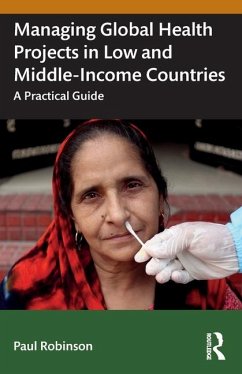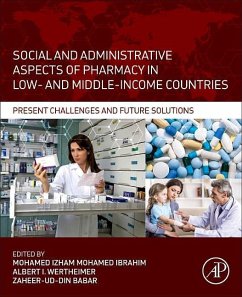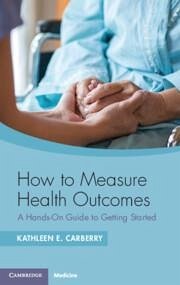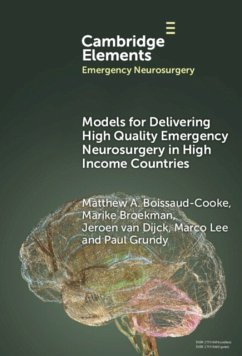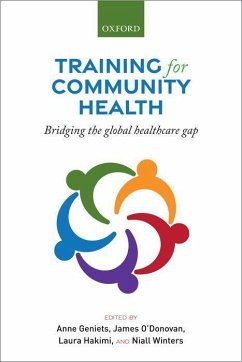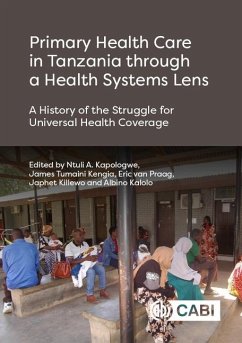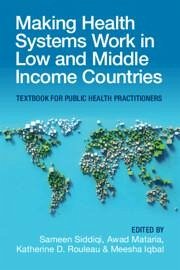
Making Health Systems Work in Low and Middle Income Countries
Versandkostenfrei!
Versandfertig in 2-4 Wochen
75,99 €
inkl. MwSt.
Weitere Ausgaben:

PAYBACK Punkte
38 °P sammeln!
This internationally authored textbook unravels the complexities of health systems and provides evidence-informed options to pursue Universal Health Coverage, Health Security, and Health-related Sustainable Development Goals. It offers a comprehensive account, convincing those who doubt a systems approach and systems thinking to problem solving.






